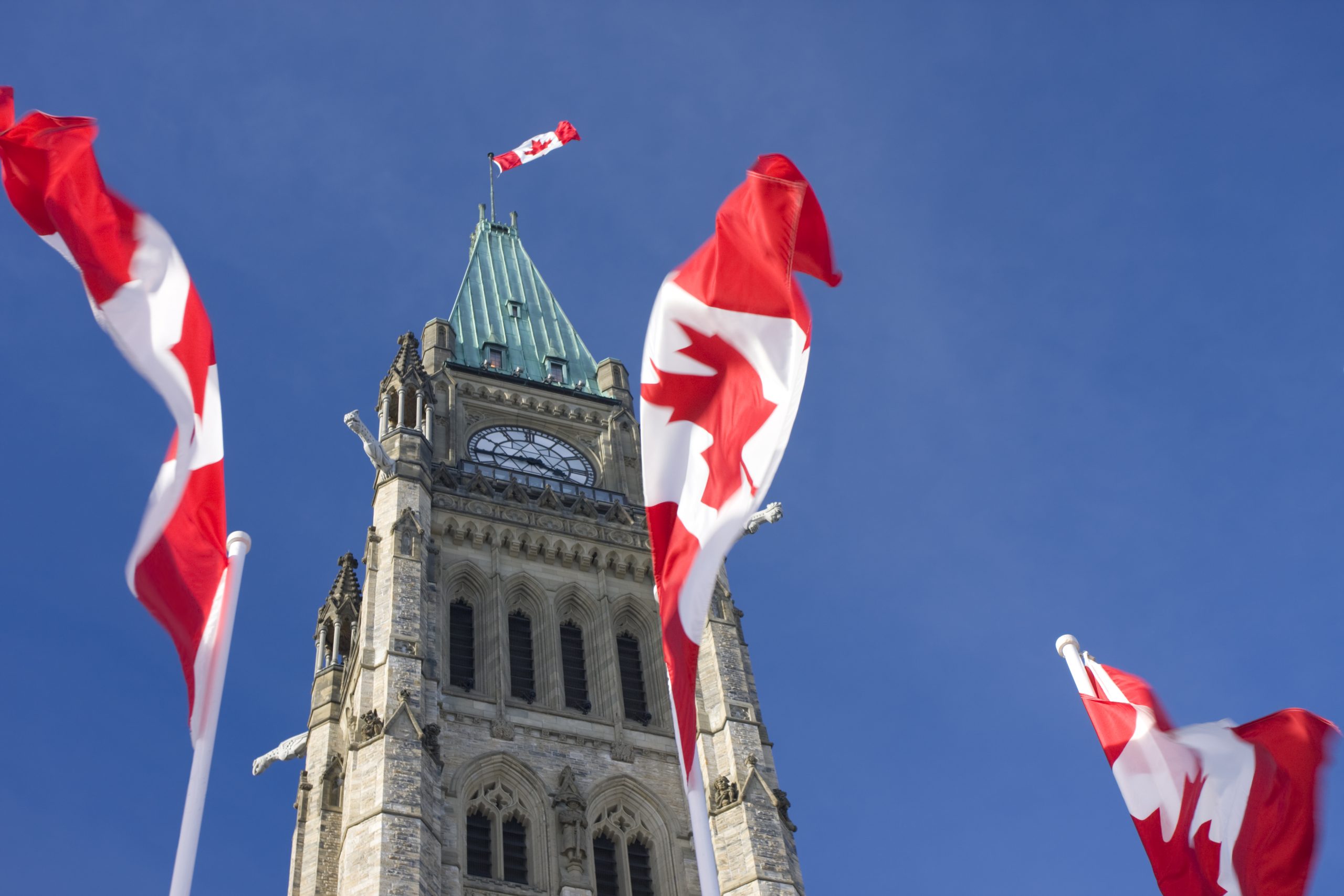Value of advice: when it comes to the sudden passing of a spouse
(Reading time: 4:30)
The death of a spouse can have a devastating impact beyond the loss of the loved one.
With most couples sharing the burden of everyday household expenses, suddenly seeing a drop in household income can also create a sense of financial trauma for the partner that’s left behind. While family and friends can be there to help you through the emotional aspects of grief and loss—the financial implications thereafter require a very specific kind of support system.
Tapping into professional advice can offer you guidance on how to financially move forward during a very difficult time.
“Making decisions after the death of a loved one is never easy,” says Educators Certified Financial Planner professional Lisa Raponi. “When those decisions have the power to financially-impact your life going forward, it can then feel like you’re being faced with a series of impossible choices. That’s why I would advise anyone to hold off on making any kind of financial decision until you get professional insight, first. Because as hopeless as a situation may seem in the moment, there may be solutions and options available that you don’t even know about.”
Lisa is reminded of a client who lived through a very similar situation.
“Whenever I advise someone who is dealing with the loss of a spouse, there is one client that always comes to mind.”
Lisa explains further, “I’ve been working with Lydia for the better part of a decade and early into our advisor/client relationship, Lydia’s husband passed away unexpectedly at the young age of 51. In addition to being devastated, Lydia was feeling nervous about her financial situation, since her husband was the main income earner and always looked after their finances.”
A lack of awareness into personal money matters is quite common, with 1 in 5 Canadian couples admitting the other half is unaware of the full extent of their financial situation.
“Thankfully, Lydia reached out to me for advice,” continues Lisa. “The first step was comparing her cashflow needs to the income she was generating in order to create a realistic budget. This was extremely important, as Lydia’s main goal was to keep the home that she and her two daughters were living in. After crunching the numbers, Lydia realized that her income was significantly less than that of her late husband.”
If someone in Lydia’s shoes was going over the math on their own and came to the same result, this is the part of the story where that person might feel very defeated.
“Just as it’s never a good idea to Google health symptoms and self-diagnose without consulting a professional, the same goes for drawing your own financial conclusions,” advises Lisa. “When you’re in a state of grief or worry, it’s easy to fall down the rabbit hole of despair and that’s when panic can set in. However, reaching out to an expert who is knowledgeable about the situation, but emotionally removed from it, can offer some much-needed perspective. Because when experiencing one of the lowest points in your life, perspective can be the difference between making the wrong decision or making the right one.”
So, was Lydia able to keep her house in the end?
“I’m happy to say that Lydia did not have to sell her home,” says Lisa. “We worked together to come up with a budget that enabled her to comfortably manage finances. This removed a huge weight off her shoulders so that Lydia could focus on grieving the loss of her husband and help her daughters to process the loss of their dad.”
Everyone handles grief in their own way and in their own time. Through it all, life moves forward.
“It might sound cliché, but the death of a loved one can really help a person to gain clarity as to what’s truly important,” shares Lisa. “In Lydia’s case, she saw firsthand just how short life can be. So, Lydia set herself a goal to retire early so that she could enjoy her living years to the fullest.”
Since neither Lydia, nor her late husband had a pension, retiring early meant coming up with the right plan and the right time.
“We focused our attention on understanding what Lydia’s retirement needs would be, along with what her income would look like,” explains Lisa. “We discussed every possible scenario until Lydia felt 100% comfortable that she was financially prepared to retire, which she did last year. Since then, Lydia has been living comfortably on the plan we devised. Plus, she knows we’ll be there for her should that plan ever need to be adjusted. In fact, Lydia has said on several occasions that she doesn’t feel alone in her financial path because we’ve supported her, every step of the way. That for me is one of the biggest rewards I get from helping people with their finances. And for Lydia, finding a positive way forward after such a tragic loss is the real value of the kind of advice my colleagues and I give.”
In addition to reaching out for financial advice, be sure to also look into the following:
- Apply for government death benefits
– The Canada Pension Plan (CPP) pays a lump-sum death benefit of $2,500
– You may also qualify for survivor benefits and children’s benefits
– If you’re between 60 and 64 and your late spouse or common-law partner received the Guaranteed Income Supplement (GIS), you may qualify for Allowance for the Survivor benefit
– If your spouse was a veteran, other benefits may be payable - Cancel any government retirement benefits
– Be sure to notify CPP and Old Age Security (OAS) upon your spouse’s death to avoid being charged overpayments down the road - Collect any insurance benefits
– If your spouse was still employed during the time of passing, they may have been paying into insurance benefits, so be sure to contact their employer, as you may be eligible to receive these benefits (this may depend on a variety of factors, including cause of death)
– The same goes if your spouse had a personal insurance policy and named you as the beneficiary (a death certificate will most likely be needed to validate your claim) - Collect any survivor pension benefits
– If your partner/spouse had a company pension, or was an education member paying into OTPP or OMERS, they would have most likely designated you as the recipient of survivor pension benefits (contact the plan administrator to ensure a smooth transition) - Close any bank/investment accounts in your spouse’s name
– While you’ll still be able to access joint accounts, other accounts under just your spouse’s name will most likely be frozen, accessible only to the executor when the will is probated (there is an exception in the event you need to access funds to pay for your spouse’s funeral, in which case you will need an official invoice as proof) - Close accounts and cancel subscriptions in your spouse’s name
– This includes all government documents (I.e., driver’s license, health card, social insurance number, passport) — doing this as soon as possible will minimize the chances of a criminal stealing your spouse’s identity to carry out fraud
– Also be sure to remove your spouse’s name from any joint accounts - Update your will and power of attorney
– If your late spouse is named as beneficiary, you’ll need to designate a new beneficiary (contact your lawyer to prepare these updates and be sure to have them signed) - Update the deed(s) on any real estate
– Upon the death of your spouse, you will become the sole owner of any property you own(ed) together (the value of the property will not form part of the estate for probate purposes—ask your lawyer whether you need to transfer property into your name as sole owner)
Need financial guidance after the death of a spouse? Educators Financial Group is here for you.
When dealing with the loss of a loved one, the last thing you should have to worry about is your financial situation. Let us shoulder that burden with you.
Have an Educators financial specialist reach out to you
Sources:
https://www.cbc.ca/news/business/manulife-debt-survey-1.4763013


